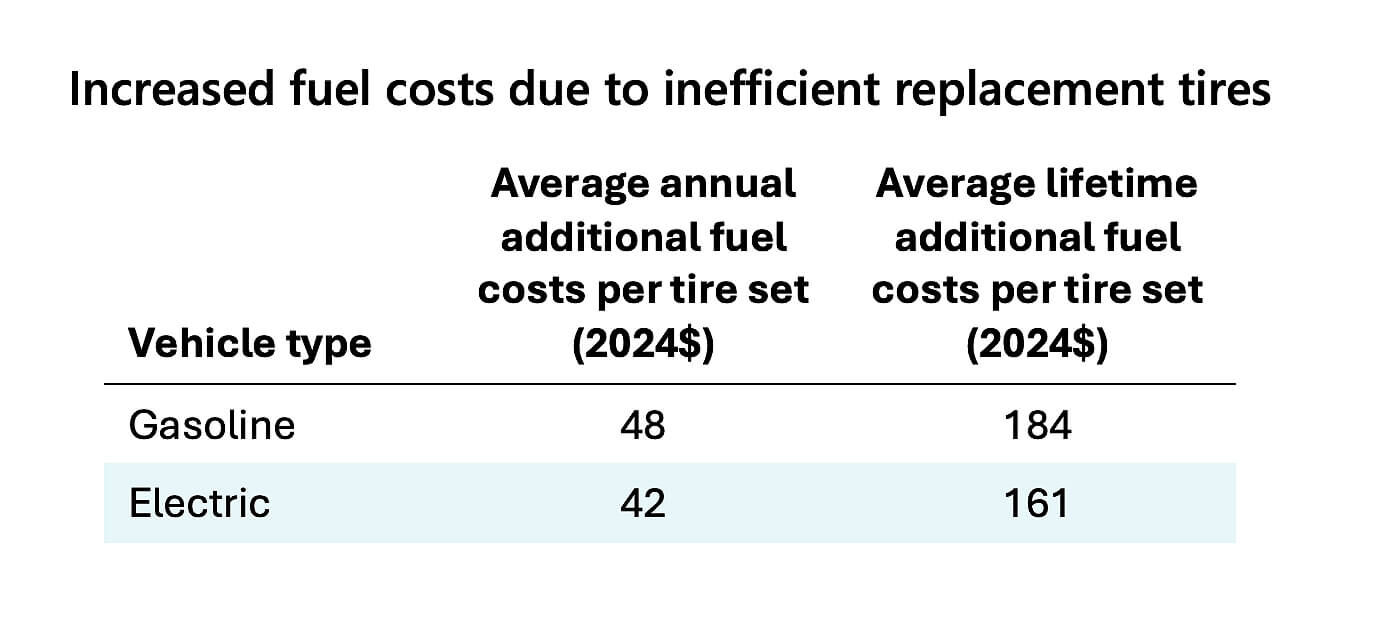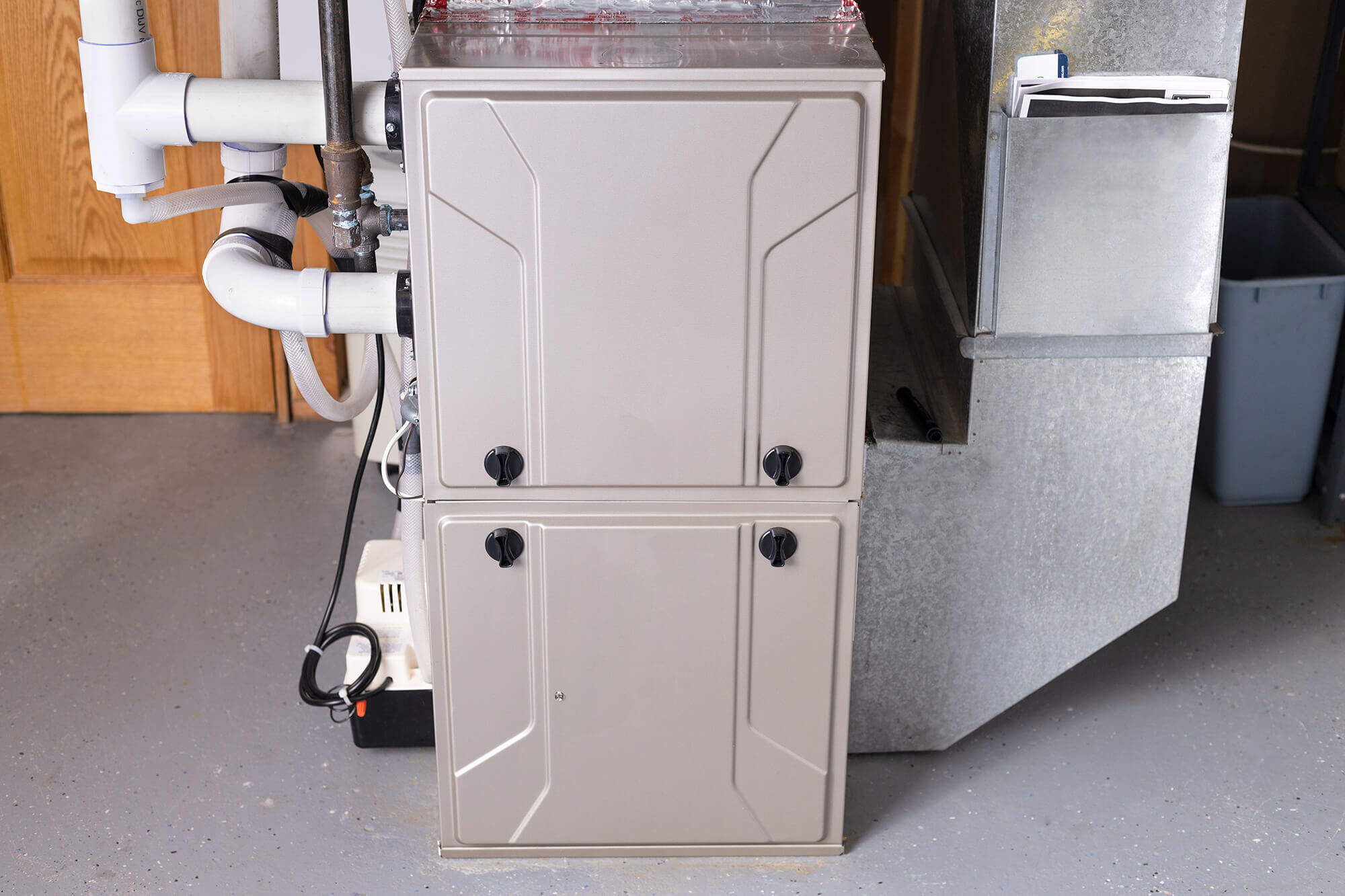Inefficient tires are costing California drivers more than $180 on extra gasoline over the lifetime of a set. Ensuring replacement tires are as efficient as those on new cars would save California drivers over $25 billion through 2050.
Car manufacturers typically ship new vehicles with fuel-efficient tires because they are a very low-cost way to help meet vehicle fuel economy standards. However, because there are no efficiency standards for replacement tires, replacement tires generally reduce a vehicle’s fuel efficiency, meaning drivers pay more for gas or electricity and cannot travel as far on a full tank or charge.
This report, prepared by the Appliance Standards Awareness Project for the Coalition for Clean Air and the Consumer Federation of America, finds that standards ensuring replacement tires are as efficient as the ones that come on a new vehicle would save drivers money while reducing pollution. The report focuses on California, where the California Energy Commission has yet to act on a 2003 state law that directed it to establish replacement tire efficiency standards. Statewide, the report estimates that inefficient replacement tires are costing California drivers more than $1.1 billion in 2025 alone.

“Ensuring replacement tires are as good as the tires on a brand-new car is a commonsense step to save California drivers money while reducing needless pollution. It’s time for Governor Newsom to get the job done on these standards we were promised decades ago.”
—Bill Magavern, policy director at the Coalition for Clean Air
“This hidden expense hits low-income drivers the hardest, as they are more likely to own an older vehicle with replacement tires. The good news is that efficient tires, which are already standard on new cars, have been shown to be safe and reliable.”
—Courtney Griffin, director of consumer product safety at the Consumer Federation of America
With standards, savings on gasoline or electricity would far exceed the additional upfront cost of a set of replacement tires matching the efficiency of typical new car tires, offsetting those costs in just over six months. The average lifetime of a replacement tire set is roughly four years.
Fuel-efficient replacement tires that leverage advances in rubber chemistry and tread design are readily available on the market today. The report cites expert testing data showing that efficient tires do not compromise safety or tire longevity.
Efficient replacement tires would yield fuel savings of about 3.1% for gasoline vehicles and 4.0% for EVs, equating to a range increase of 10–15 miles for a typical EV.
The environmental and climate impacts of today’s inefficient replacement tires are significant. In California alone, they are causing additional emissions of 1,490 tons of nitrogen oxides, 106 tons of particulate matter (PM2.5), and 2.4 million metric tons of carbon dioxide in 2025 alone. These emissions are equivalent to the annual emissions from nearly three-quarters of a million gasoline vehicles.
The report’s calculations use data published by California’s Energy Commission and Air Resources Board and federal and industry sources.




